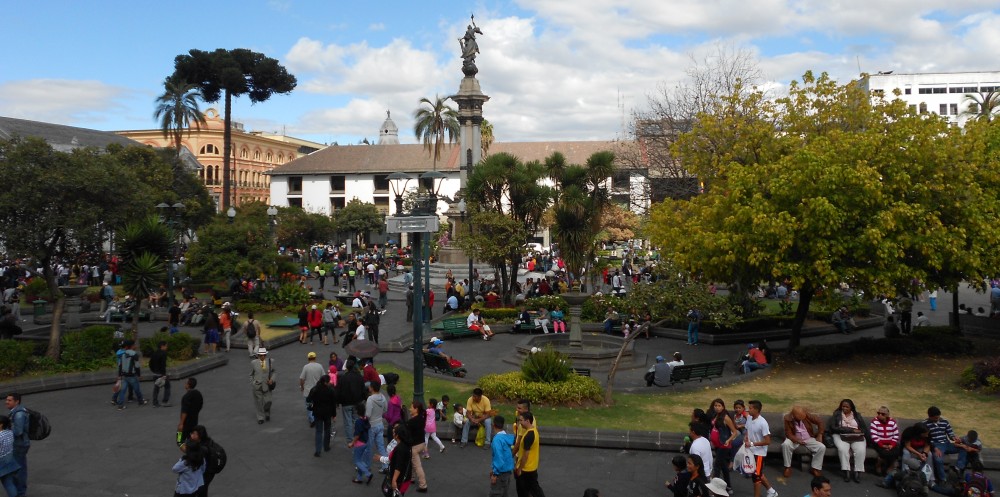Both this last week and this week’s readings and videos focus on the “terror” or “dirty war” period of Latin America. Whereas last week’s readings focused on the violence provoked by left-wing individuals, or guerrillas, this week’s readings and videos look at the oppression from right-wing individuals, or the state. Argentina, for example, went through a period of state terrorism from about 1974 to 1983, where military and security forces were encouraged to kill anyone even slightly associated with socialist notions. Thousands of Argentines were victims of violence and kidnap during this period, many of which were innocent and harmless. This state terror was replicated in other parts of Latin America dealing with guerrillas, such as Chile. Both Argentina and Chile are prime examples of outrageous state violence that marked the history of these countries to this day.
I like that this chapter focused on state violence. To this day we often associate “terrorists” to non-state affiliated individuals. In other words, the world’s powers and media have the resources to talk the public into thinking anyone opposing state values is a “terrorist”. Nevertheless, as history eventually tells, or contemporary whistle-blowers are showing, states are responsible for many of the immoral and violent acts that they often claim to oppose. Learning about the Dirty War in Argentina was particularly disturbing. Jorge Rafael Videla’s techniques to campaign against suspected socialists, where he initiated detention camps, banned trade unions, and brought the government under military control, illustrate a devastating dictatorship. Because the government was supposedly fighting leftist guerrillas, their oppressive techniques were not initially questioned. However, as we learned with the Mothers of the Plaza de Mayo, the state was eventually questioned and blamed for its immoral acts.
Ironically, times of disaster often open the door for opportunities. The Mothers of the Plaza de Mayo organized marches in front of Buenos Aires’ presidential palace, in opposition of the government’s human rights violations. This was an organization of many mothers and grandmothers that got together to ask the state where their children were. Thousands of individuals in Argentina were “disappeared” by the government, but their mothers and grandmothers were right there to question their disappearance. What is astonishing about the organization of these women is that, as Alexander Dawson mentions, they were able to change their country because they “reconfigured their terrain battle”. They did not just blame the government, they also asked for help from the rest of the world. This in turn, highlighted women and human rights violations all around the world. Hence, the Mothers of the Plaza de Mayo are a global legacy that arose from a disastrous period in Argentina’s history.

As you mentioned above, I was also interested in Madres de la Plaza de Mayo. It was intriguing that so many women were involved in a political movement, which I was not aware of.
I liked your point about how terrorists and the state are perceived differently by the public, even though they are both capable of committing disturbing crimes. I was shocked by the extent to which places like Argentina went to punish those against state values.